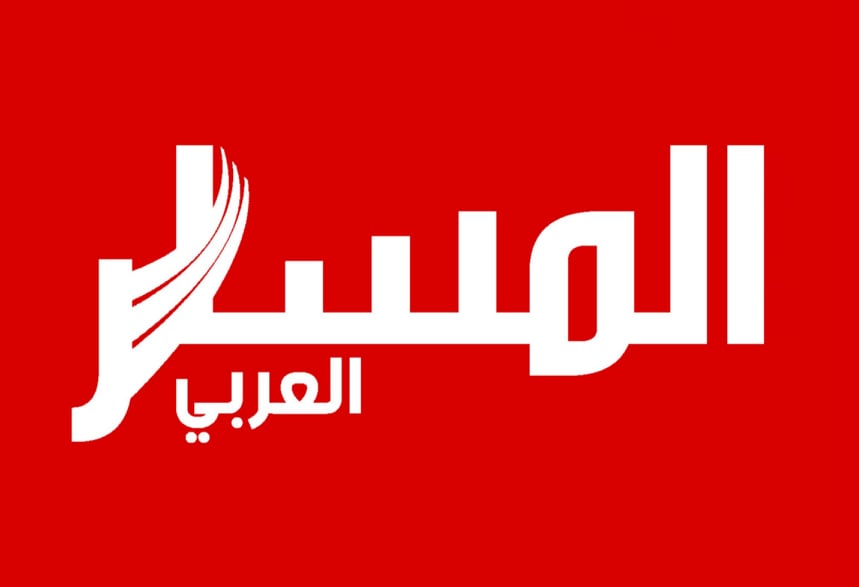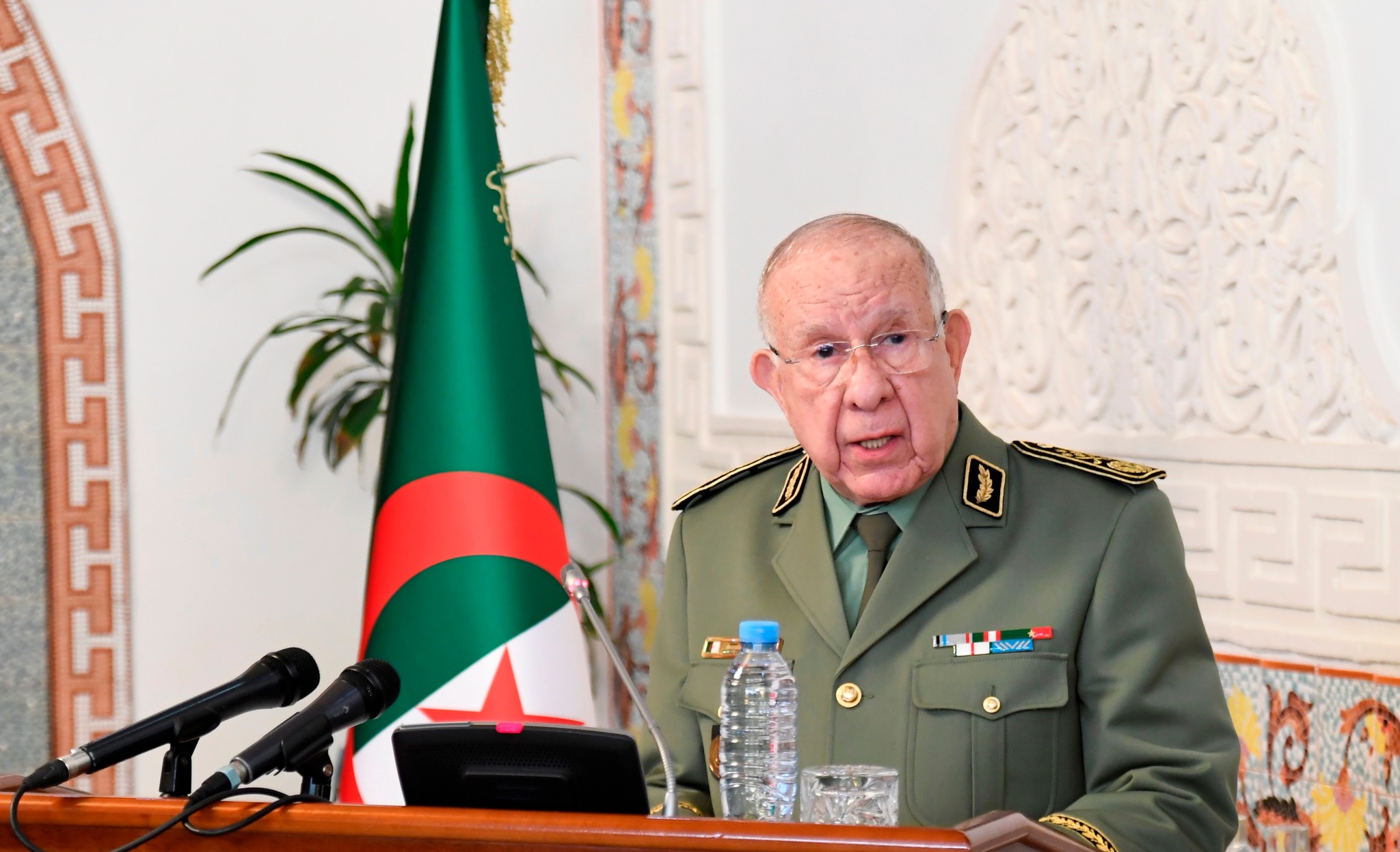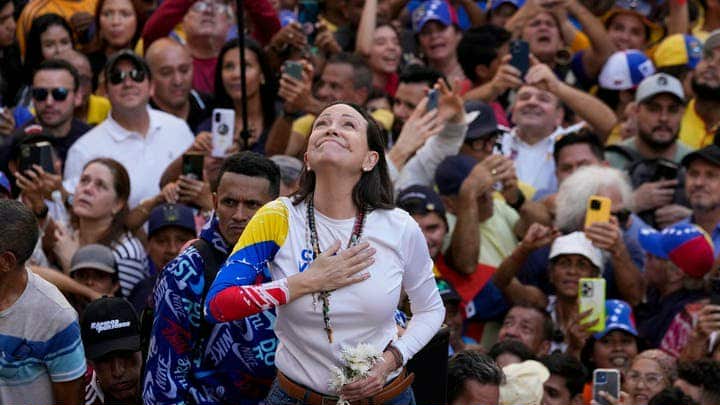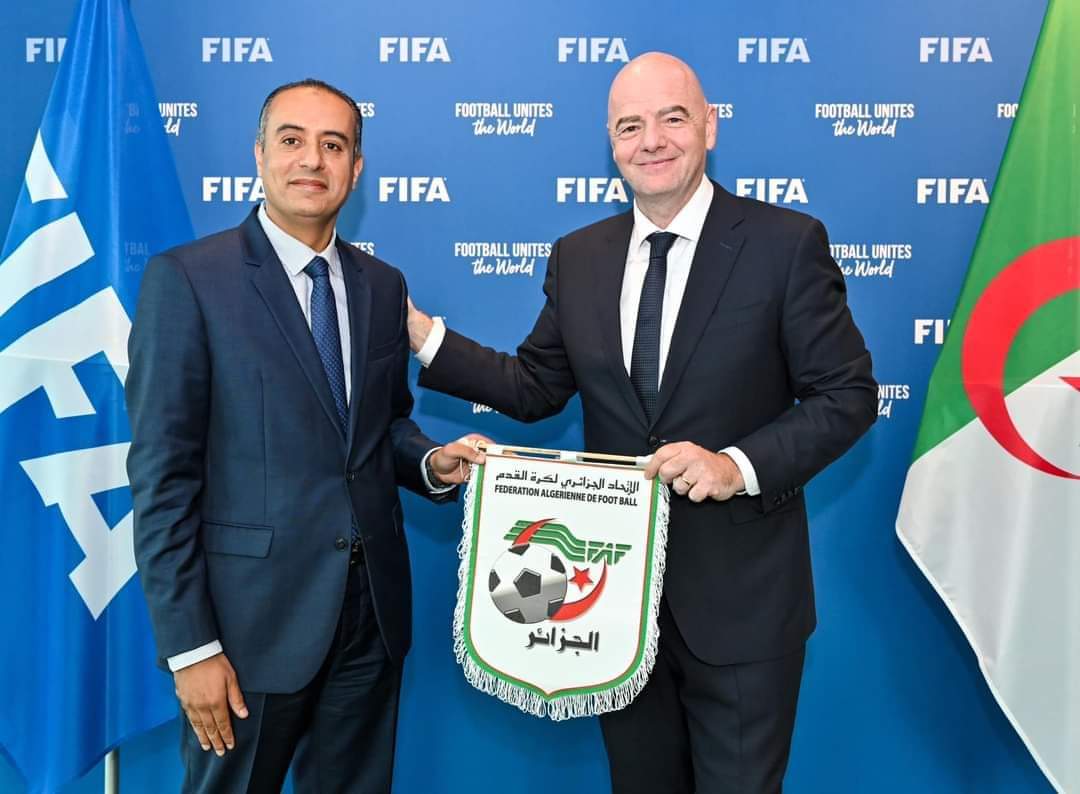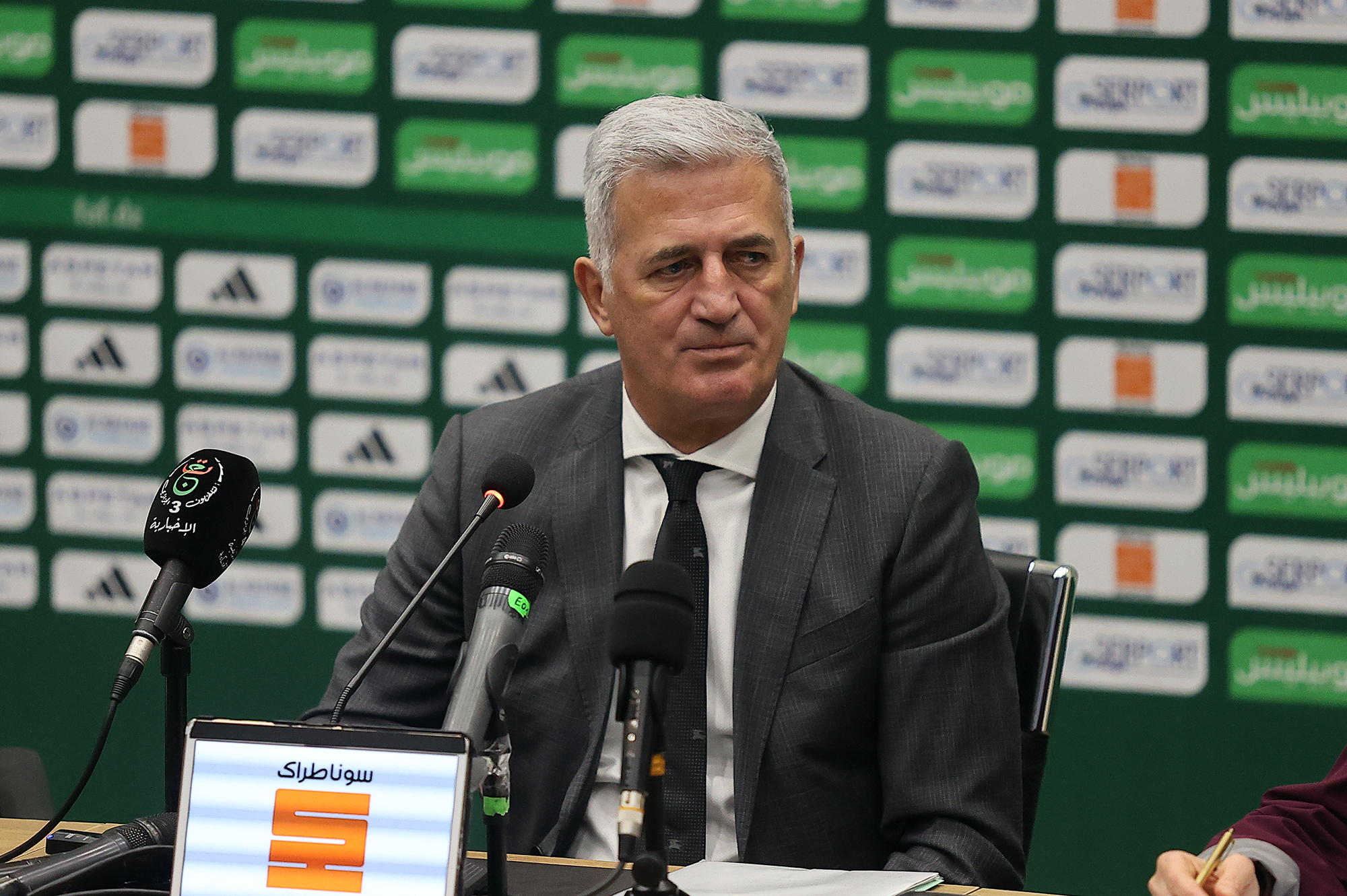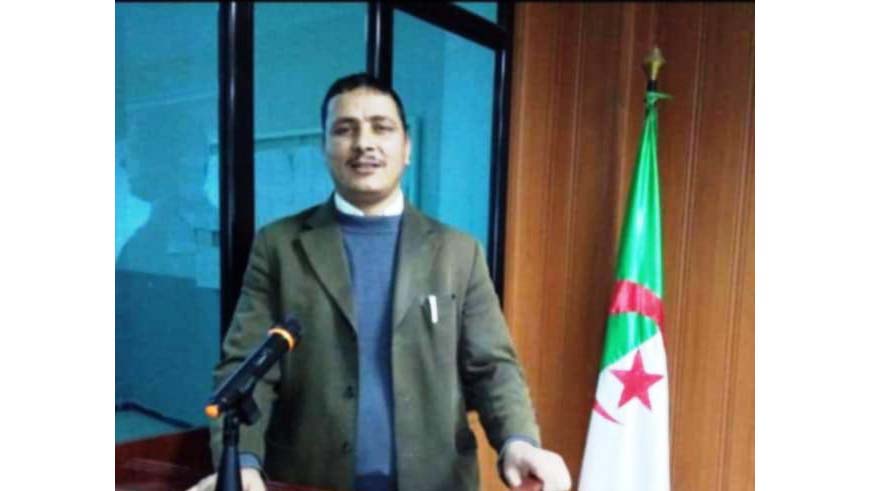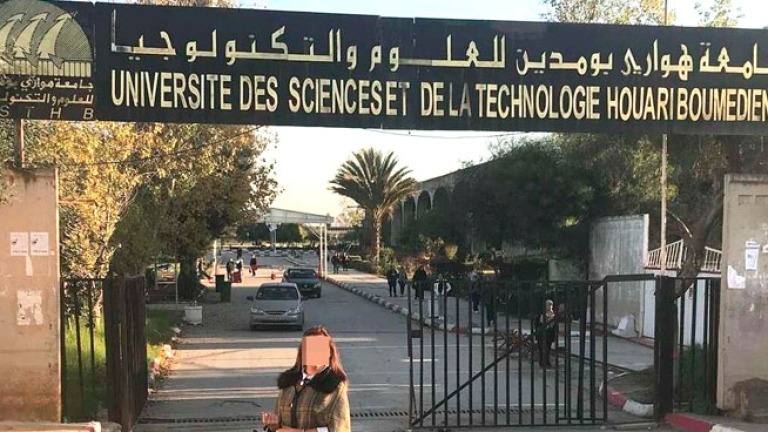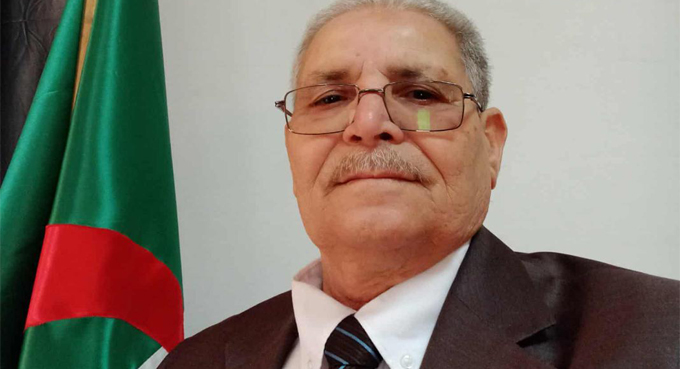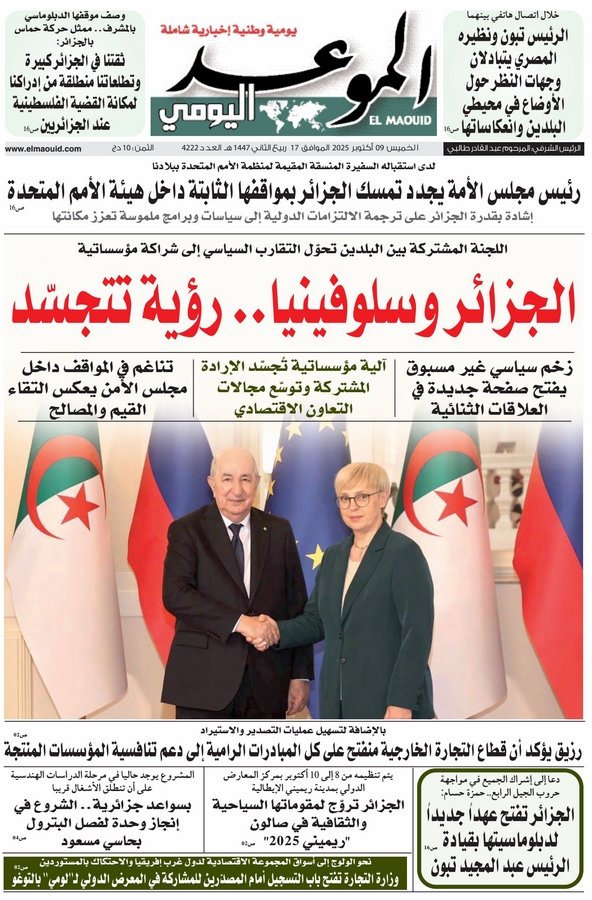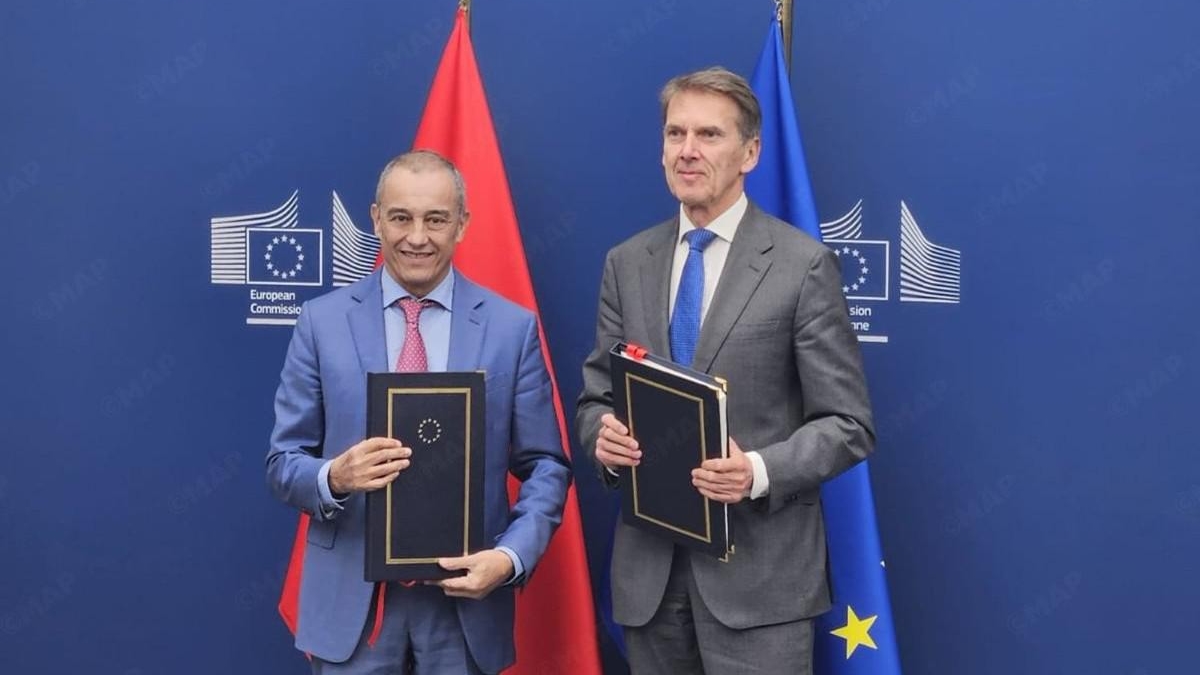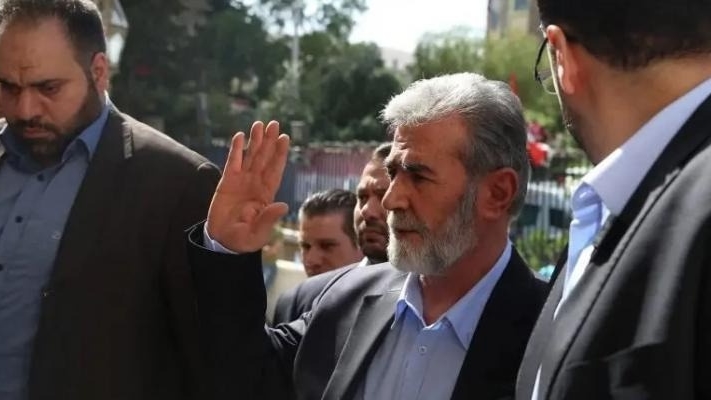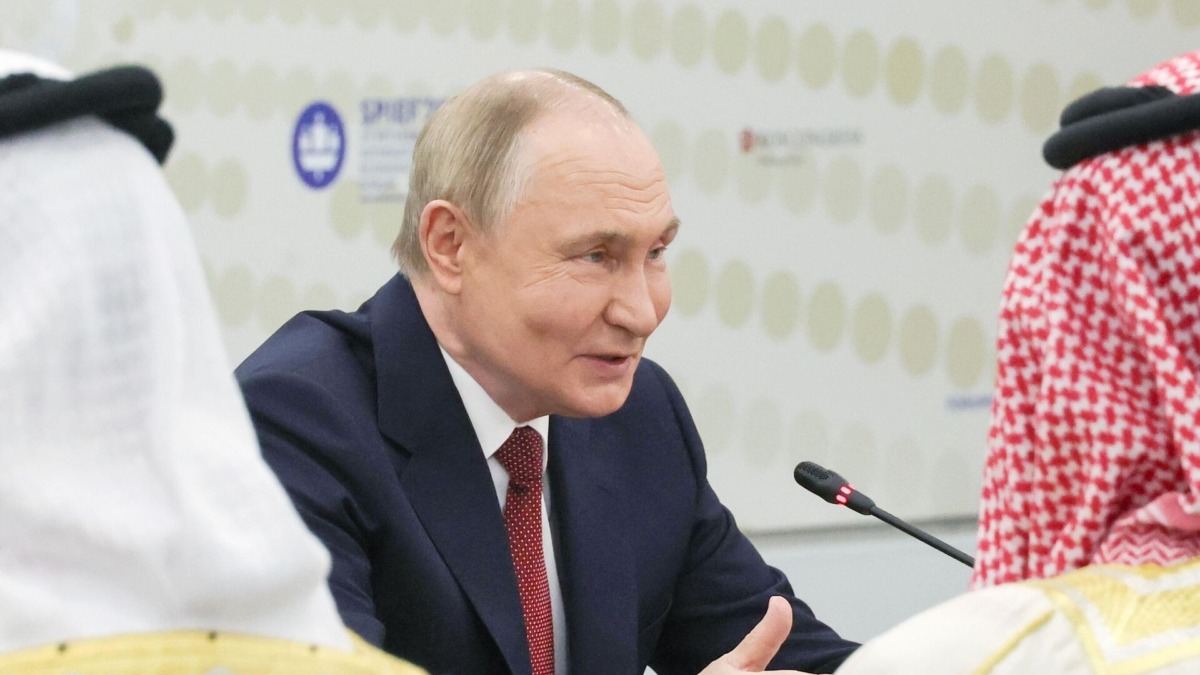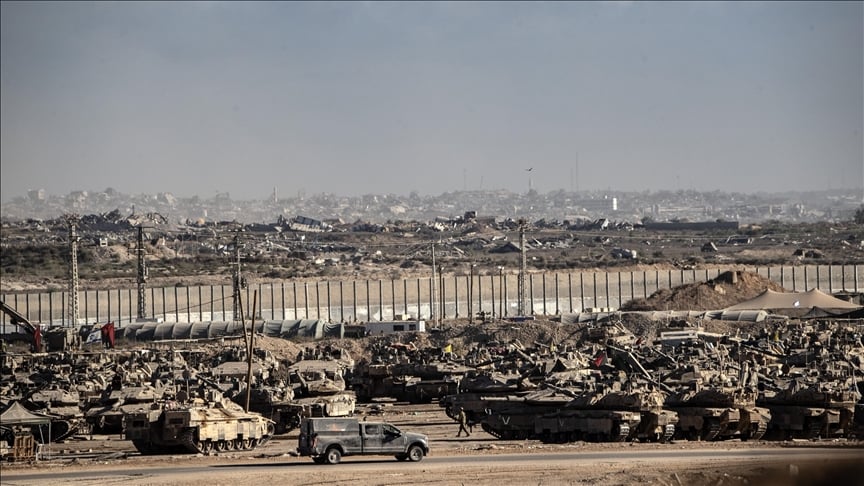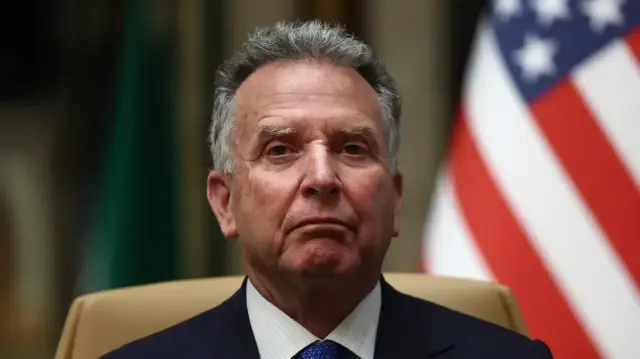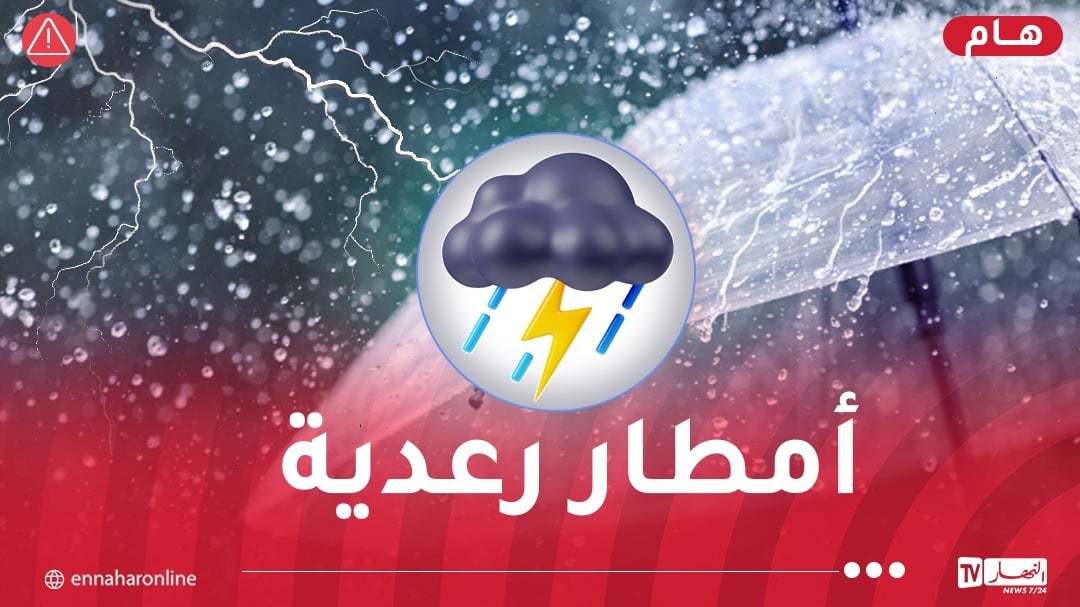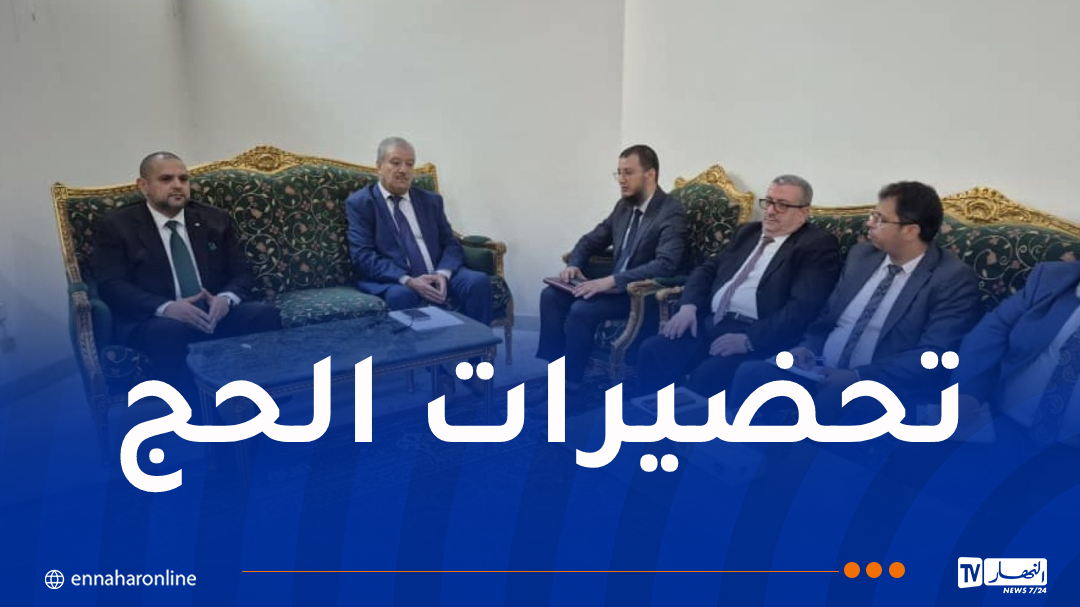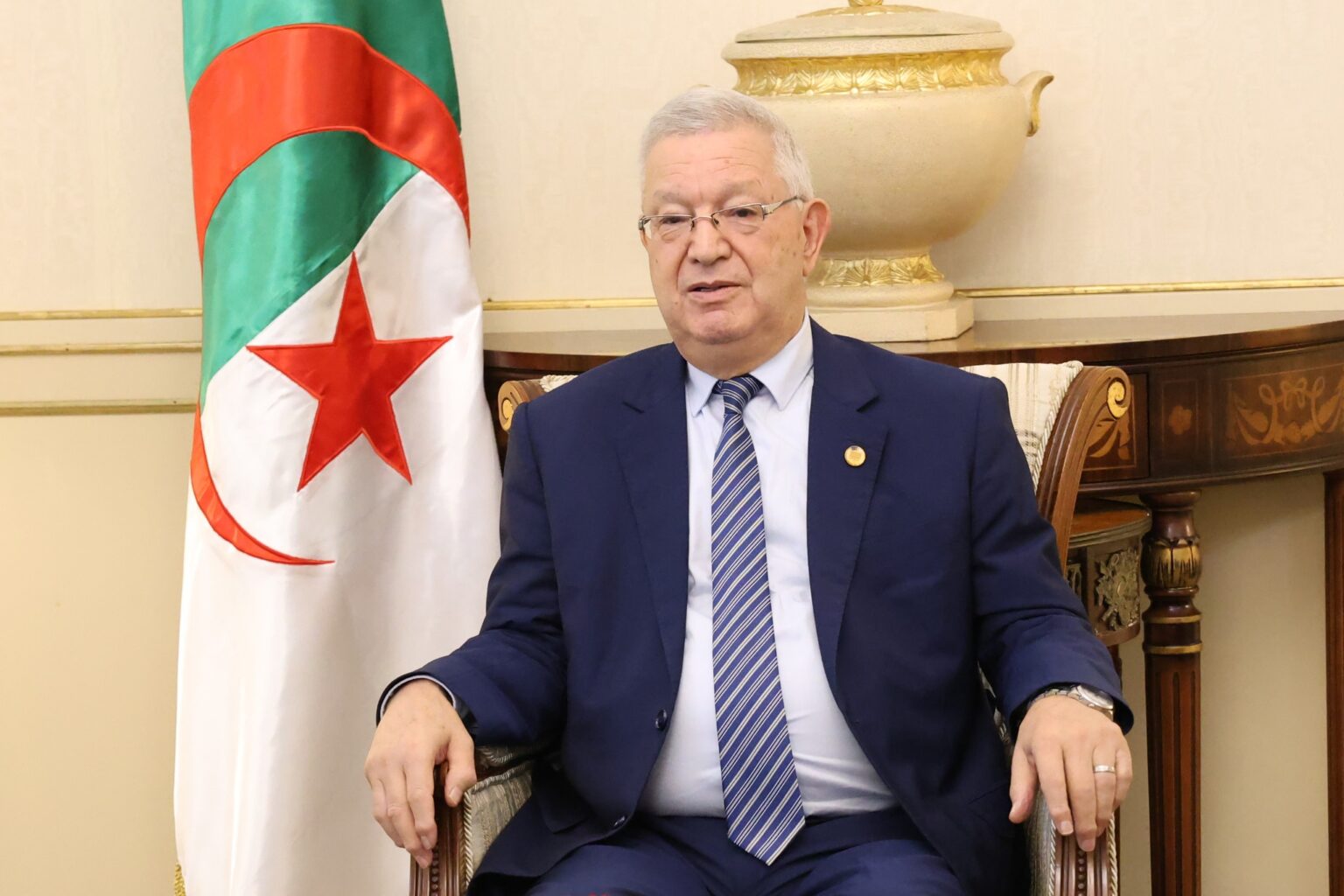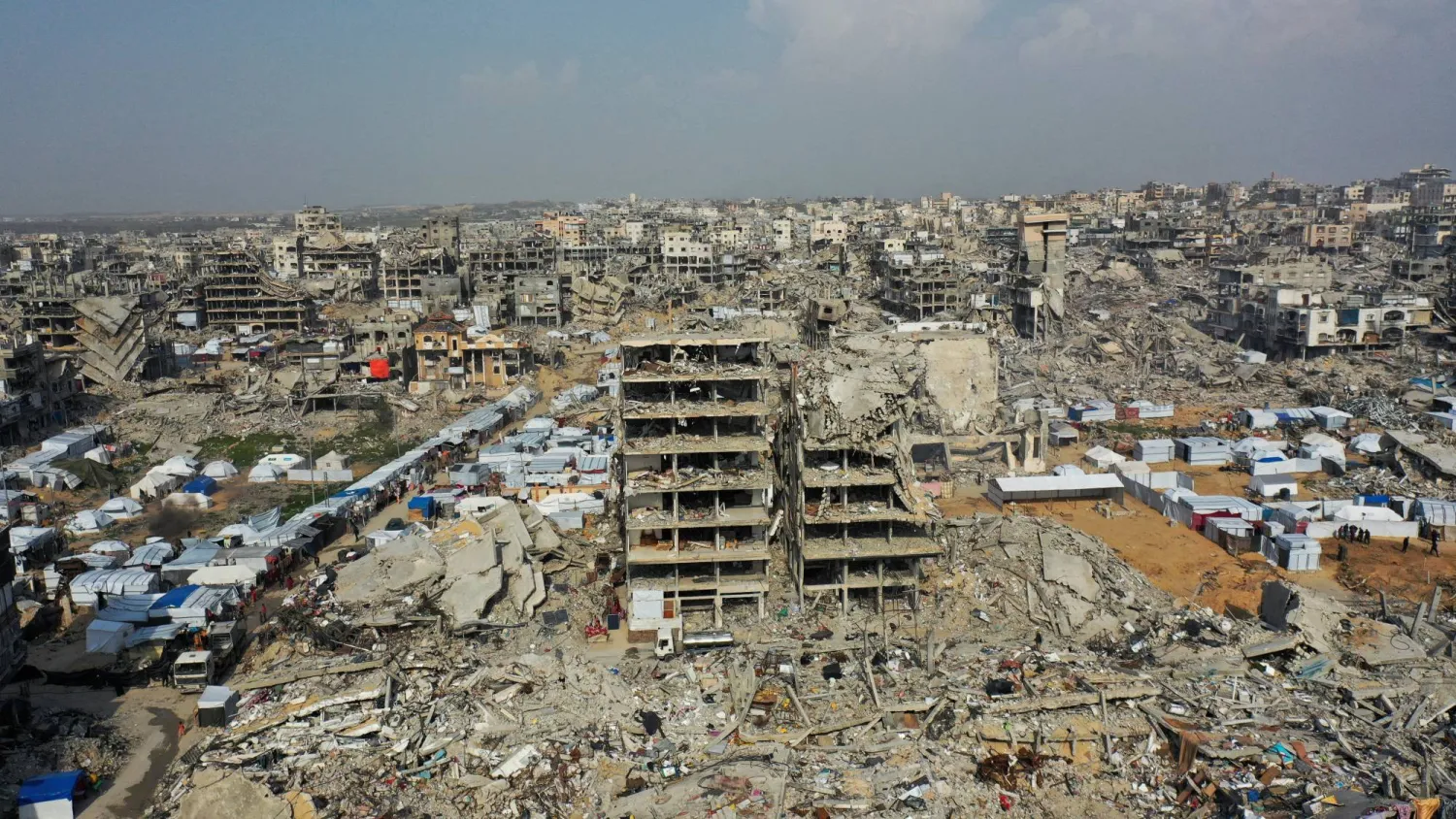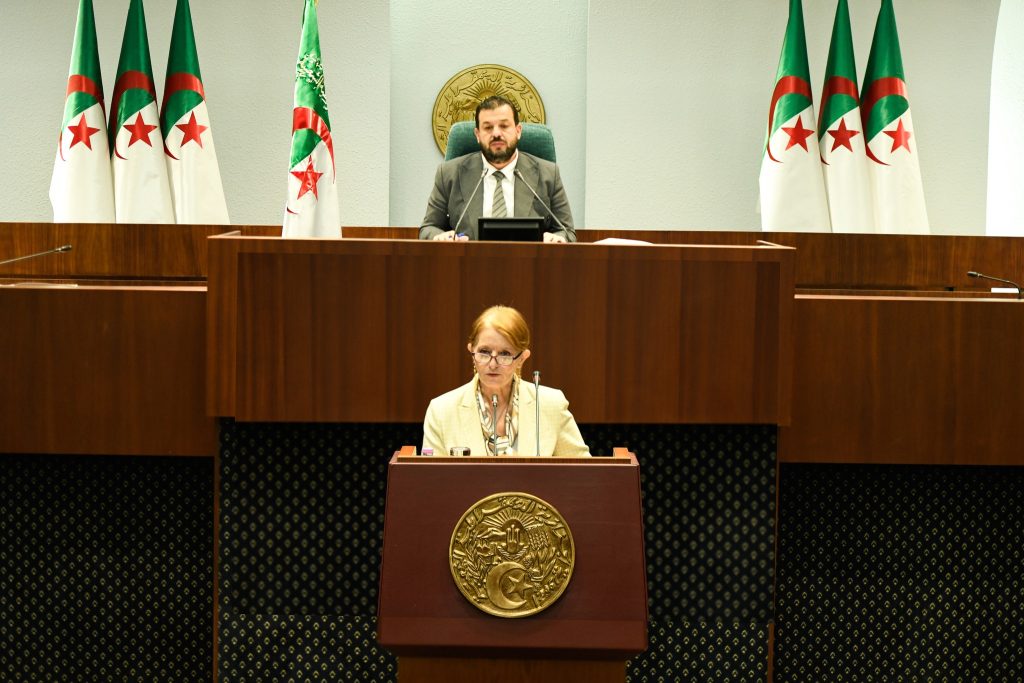Ceasefire Reached in Gaza: Culmination of Global Diplomatic Pressure and Humanitarian Crisis
With more than 65,000 Palestinian deaths reported, 220,000 facing famine, and 90% of infrastructure destroyed, a U.S.-brokered ceasefire agreement based on a “20-point” plan has been reached. This development arrives just three weeks after the United States single-handedly vetoed an Algerian-spearheaded and widely supported U.N. Security Council resolution that called for an “immediate and unconditional …
With more than 65,000 Palestinian deaths reported, 220,000 facing famine, and 90% of infrastructure destroyed, a U.S.-brokered ceasefire agreement based on a “20-point” plan has been reached.
This development arrives just three weeks after the United States single-handedly vetoed an Algerian-spearheaded and widely supported U.N. Security Council resolution that called for an “immediate and unconditional permanent ceasefire”—one of multiple such U.S. vetoes throughout the conflict.
The agreement mandates an immediate and permanent ceasefire, the release of all hostages held in Gaza, a phased withdrawal of Israeli forces, and unimpeded access for humanitarian aid. These terms are expected to be implemented in the coming days, culminating a period of intense global pressure that found a powerful platform at the 80th session of the U.N. General Assembly.
With new announcements from heads of state and government, the total number of U.N. member states that recognize Palestine has risen to 157 out of 193, meaning over 80% of the international community now offers diplomatic recognition.
The overwhelming support for a “two-state solution” at the General Assembly marks another historic milestone for the state of Palestine. Delegates endorsed a resolution supporting a roadmap for peace based on a two-state solution; the vote was 142 in favor, with only 10 against, including the United States. On the occasion, Algeria expressed a hope shared by many: that the resolution would “open a hopeful political prospect for the Palestinian people” and firmly stated that peace should be established on the foundation of “ending the occupation.”
During its tenure as a non-permanent member of the U.N. Security Council, Algeria launched a series of strategic initiatives aimed at compelling a definitive U.N. response to the conflict. Upon assuming the council’s presidency in January 2025, Algeria immediately declared the Palestinian issue its top priority. The country actively worked to keep the Palestinian issue at the forefront of the U.N. agenda, leading diplomatic initiatives and repeatedly appealing to the Security Council to mobilize support for a ceasefire.
This unprecedented momentum and global outrage against the genocide in Gaza left the Zionist entity and its ally isolated outside the international consensus. U.S. Secretary of State Marco Rubio recently conceded this reality, stating, “Whether you believe it was justified or not, right or not, you cannot ignore the impact that this has had on its global standing,” in an interview with CBS News.
U.N. Secretary-General António Guterres explicitly connected the ceasefire to the larger goal, urging all parties to “seize this momentous opportunity” to establish a credible path toward “ending the occupation, recognizing the right to self-determination of the Palestinian people, and achieving a two-State solution.”
However, this hard-won ceasefire also underscores a deeper crisis of legitimacy. The path to this agreement was blocked for months by a single power in the U.N. Security Council, which repeatedly used its veto to shield the Zionist entity from the will of the international majority. This consistent obstruction has transformed the Gaza conflict into a definitive case for why the current, outdated architecture of the Security Council—where one nation can paralyze global action—requires urgent and fundamental reform.
Taferguennit sabrine






